

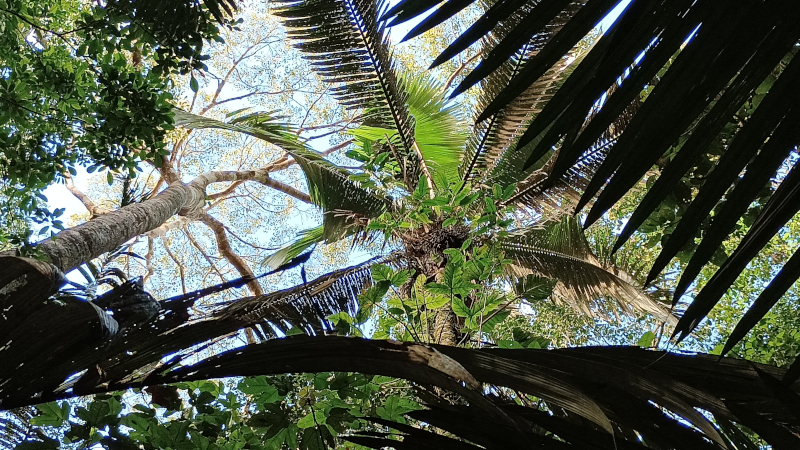
The plant family can store twice as much water as trees such as ipê, mahogany, and eucalyptus, according to a study conducted at São Paulo State University. Preliminary results were presented during the Brazil-France 2025 Forum “Forests, Biodiversity, and Human Societies”.
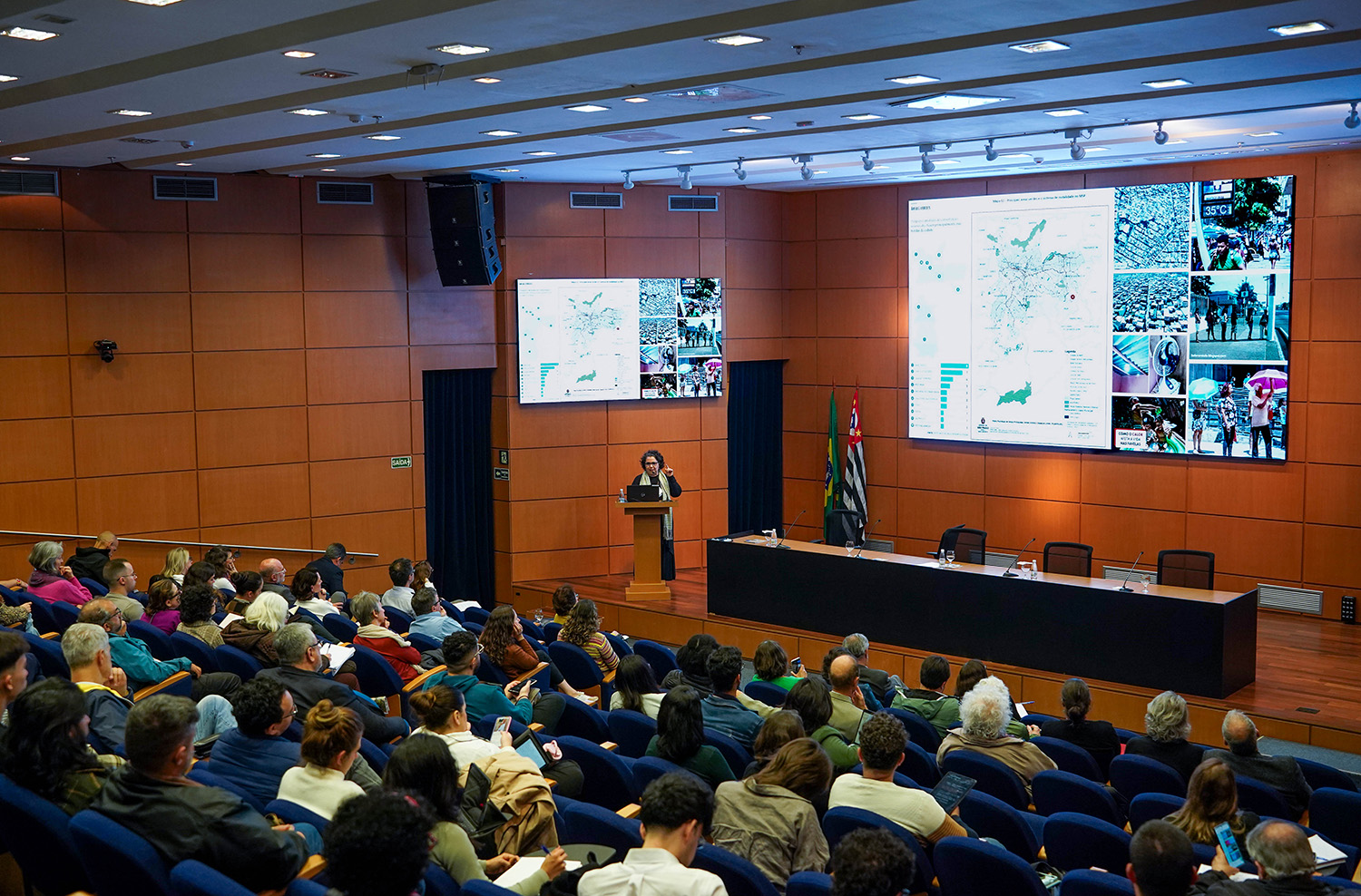
At the 7th FAPESP 2025 Conference, Denise Duarte, researcher at the University of São Paulo’s Faculty of Architecture, Urbanism, and Design, spoke about the need to map the impacts of extreme events on an individual scale and create urban thermal refuge areas in public spaces.
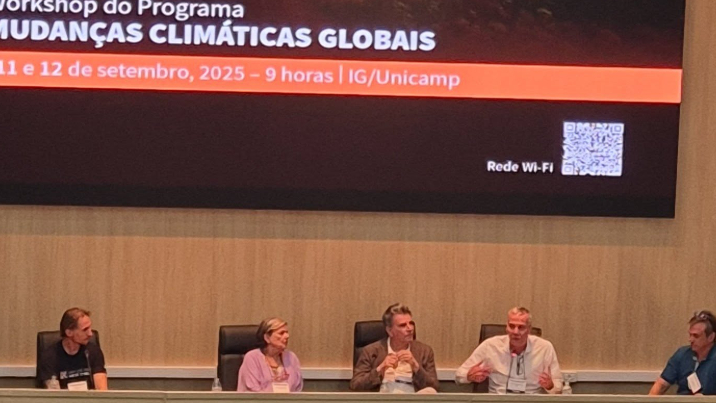
Workshop held at the State University of Campinas as part of the Research Program on Global Climate Change outlines the challenges to be faced and the scientific efforts to predict and mitigate the problems caused by global warming.
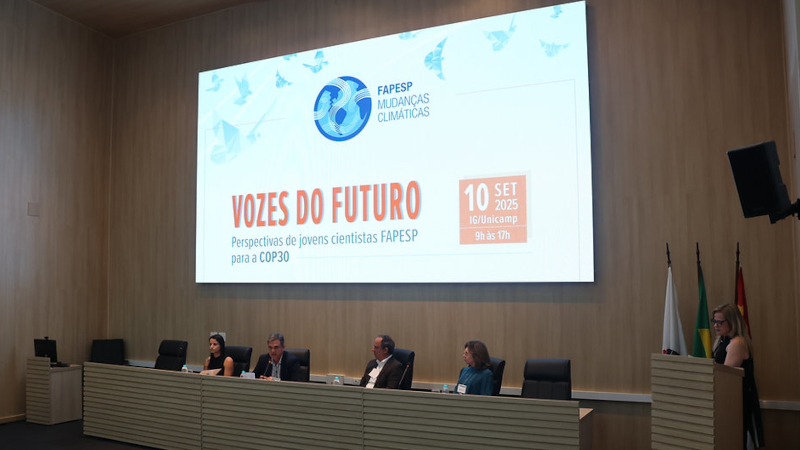
Meeting at the State University of Campinas with a new generation of researchers points to collaboration between sectors to mitigate the consequences of global warming with climate justice.
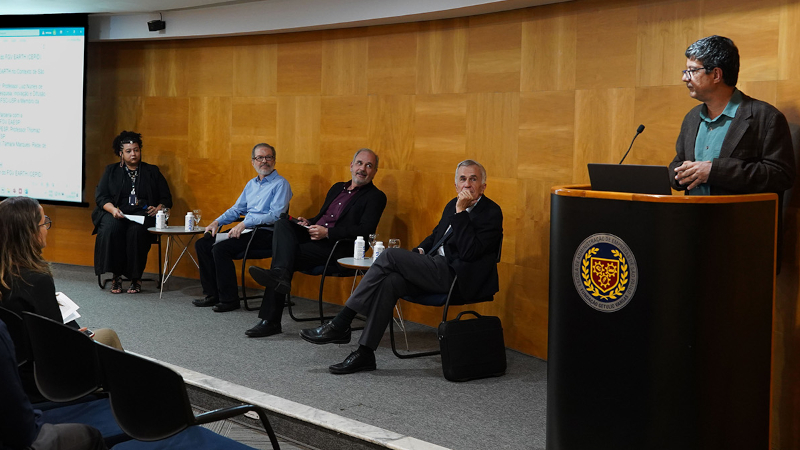
FAPESP’s new Research, Innovation, and Dissemination Center is launched two months before COP30 and is expected to become an international reference for innovative solutions to environmental challenges.

Research led by scientists at the University of São Paulo contributes to the formulation of strategies to prevent the collapse of animal protein production.

Brazil has the chance to consolidate its position as a key player in global climate negotiations, says Thelma Krug, coordinator of the Scientific Council for the event scheduled for November in Belém.

Researchers from the Center for Innovation in New Energies study metal complexes that can speed up chemical reactions capable of generating products for a low-carbon economy.

Non-compliance with the law, facilitated by errors in the technical language used in environmental licensing, has already led to the loss of over 580,000 hectares of native vegetation, 61% of which has been converted for agricultural use.
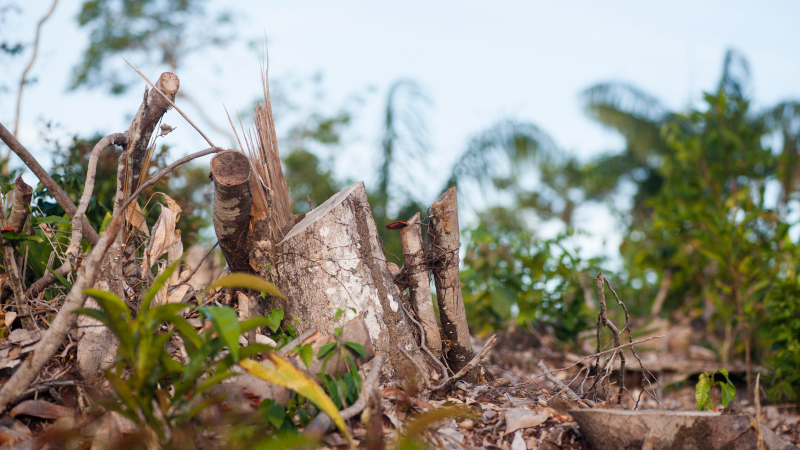
For the first time, research led by scientists at the University of São Paulo quantifies the impact of forest loss and global climate change on the biome.
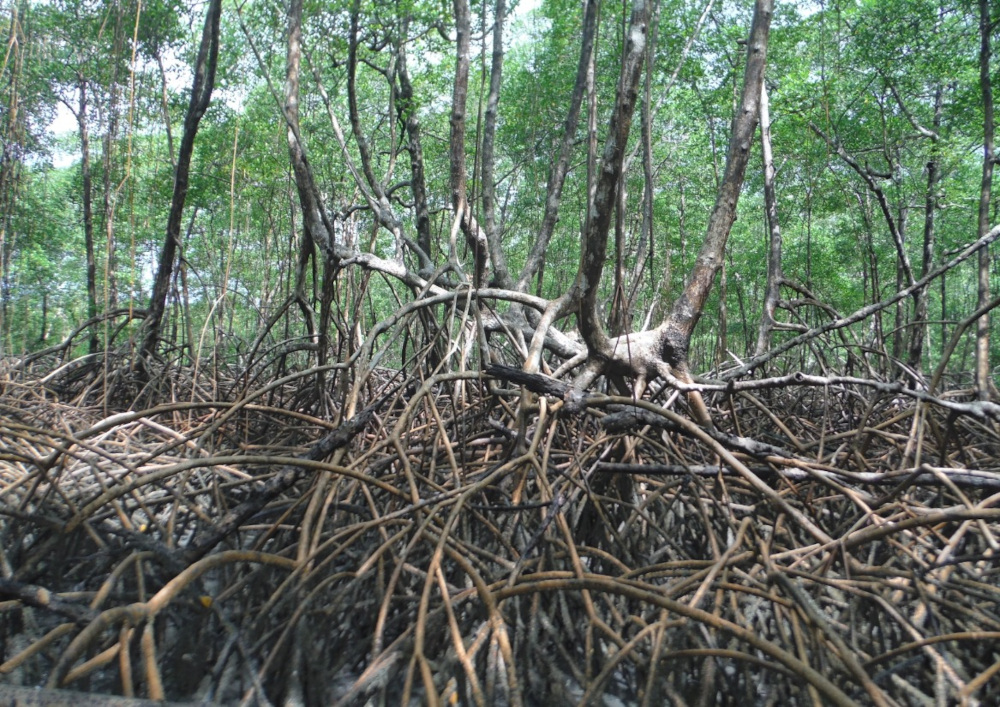
These minerals stabilize soil organic carbon, preventing the release of greenhouse gases. However, these ecosystems, known as “blue carbon forests,” have suffered degradation due to changes in land use.
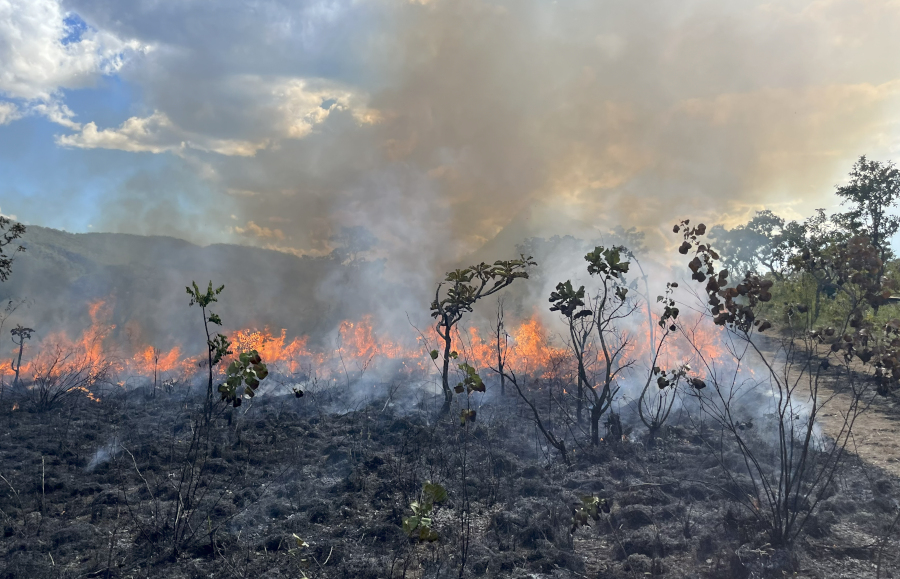
Unpublished work organized by researchers from São Paulo State University and the University of São Paulo discusses the influence of fires on the ecological dynamics of nine large South American biomes.
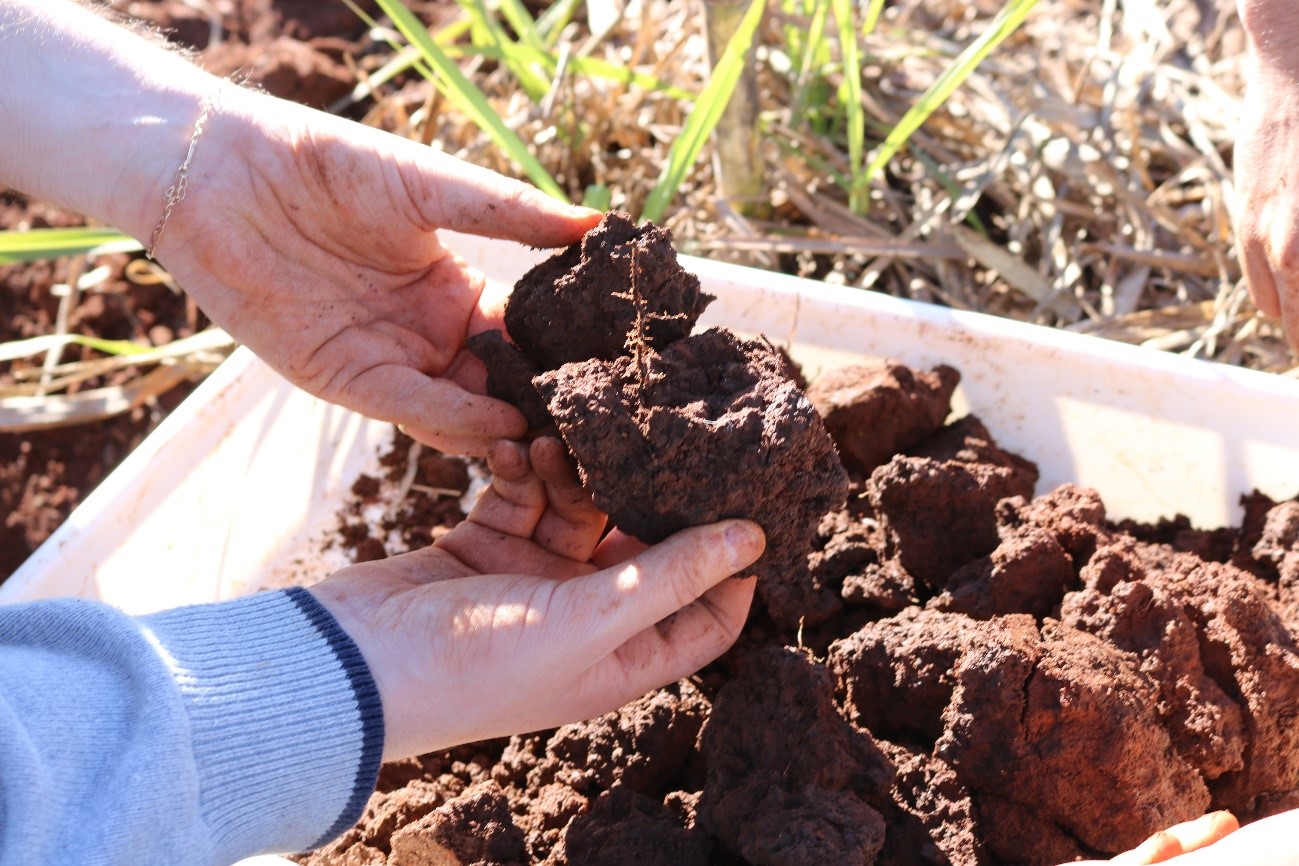
Countries such as Colombia and Venezuela lead the way in terms of the extent of healthy soils, while regions such as the Brazilian Northeast, northern Mexico and parts of Chile and Argentina face the greatest challenges. The data can guide public policies for conservation.
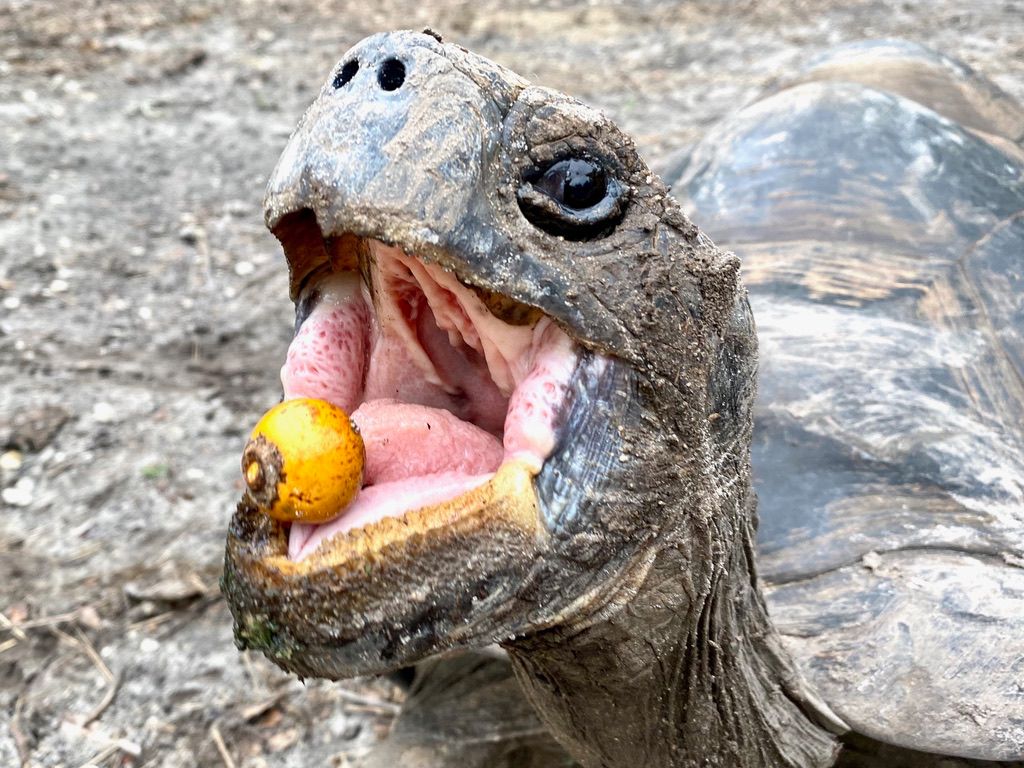
International team of researchers issues global warning about the need to include frugivores in conservation, forest restoration, and climate change mitigation strategies.
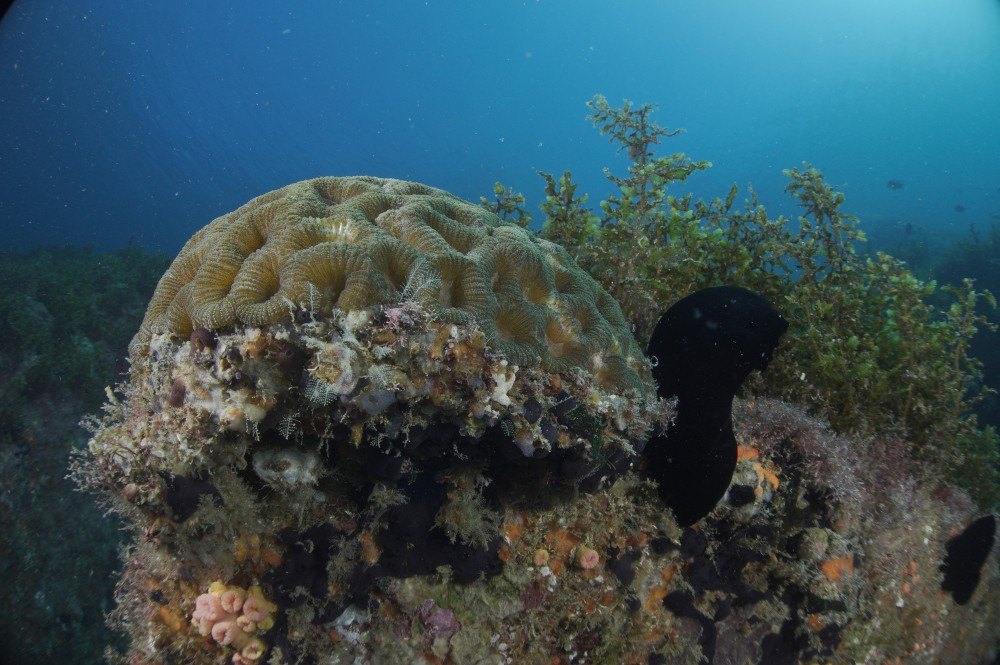
A single species found in the Alcatrazes Archipelago, brain coral, produces around 170 tons of calcium carbonate annually. This represents the retention of approximately 20 tons of carbon in mineral form, which can last for centuries or millennia. A study by the Federal University of São Paulo highlights the potential ecosystem services provided by subtropical corals.
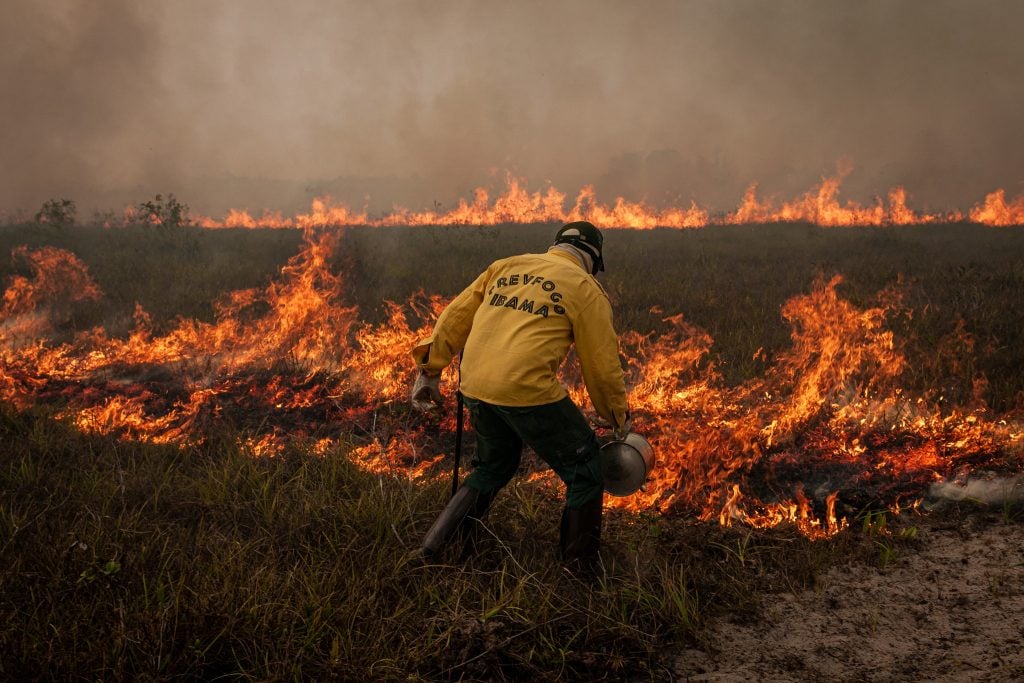
“Negative balance” of biome protection recorded between 2022 and 2024 could jeopardize Brazil’s international goals, warn Brazilian researchers and their international collaborators in the journal Global Change Biology.
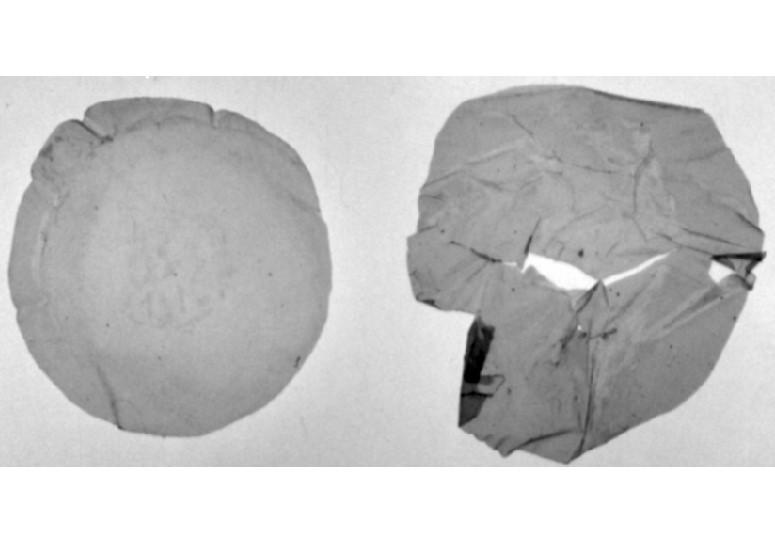
Called BR4, the microorganism breaks down PET and produces PHB, a high-quality biopolymer that can be used to manufacture sustainable packaging and for biomedical applications.
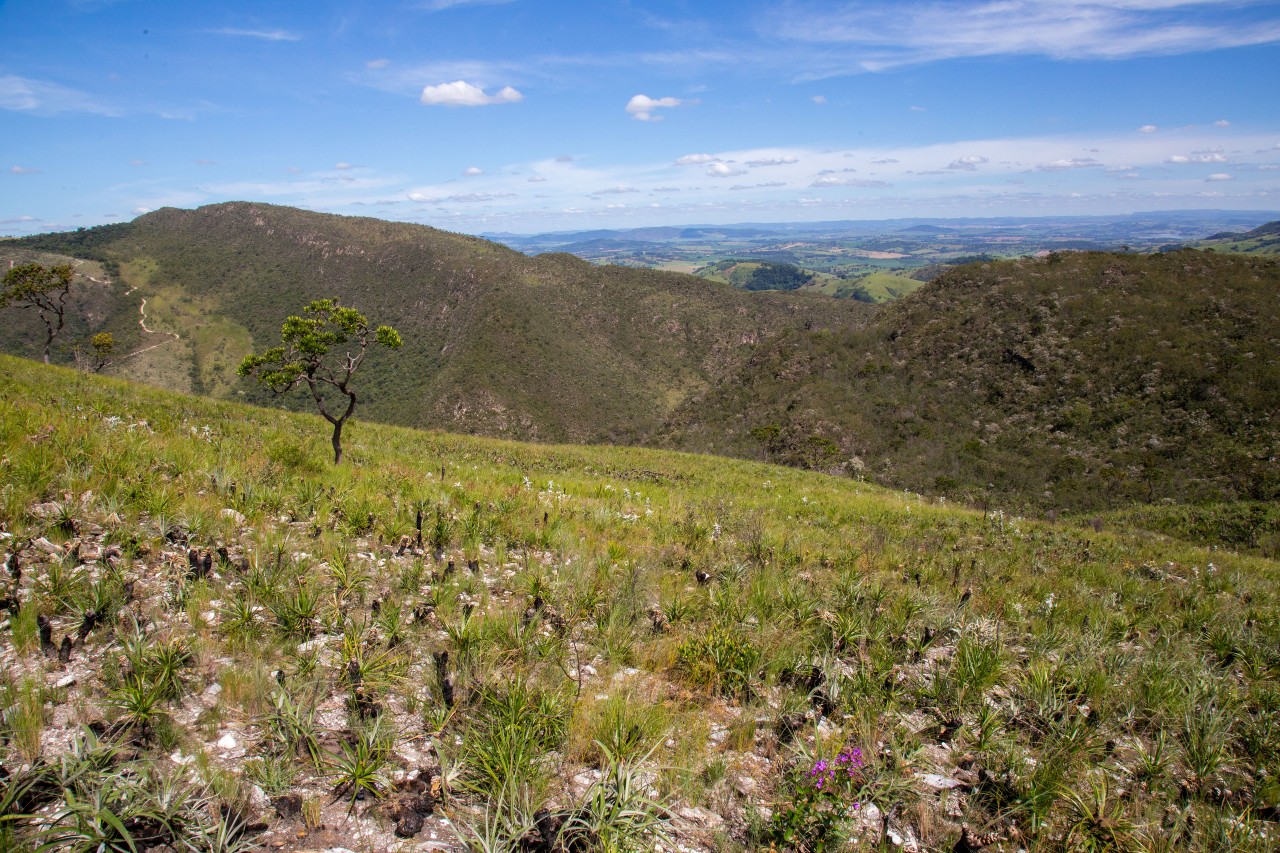
Researchers at a FAPESP-supported research center have combined innovative techniques to determine the chromosome number of species of the genus Vellozia, typical of this montane savannah ecoregion. The result provides support for conservation programs and biotechnological applications.

An experiment carried out by researchers from São Paulo State University on zucchini crops indicated that a 30% drop in rainfall would reduce the availability of calories in the sweet liquid that serves as food for pollinators, such as bees, by 34%, while extreme drought practically wipes out the resource. These results are particularly concerning for plants that depend on cross-pollination.
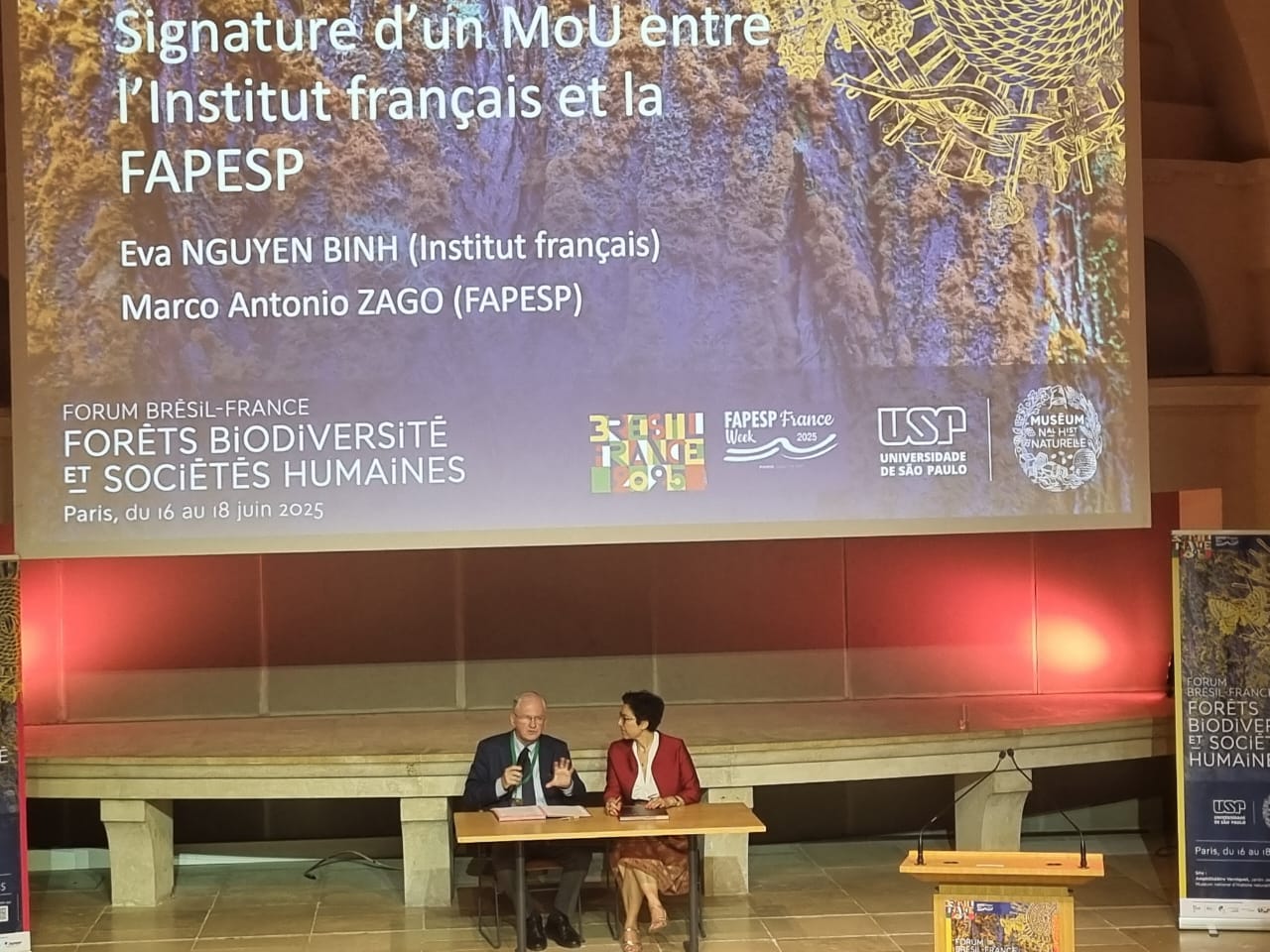
The assessment was made by Barbara Pompili, the French Ambassador for the Environment, at the opening of a forum at the National Museum of Natural History in Paris. The event is part of the FAPESP Week France program.
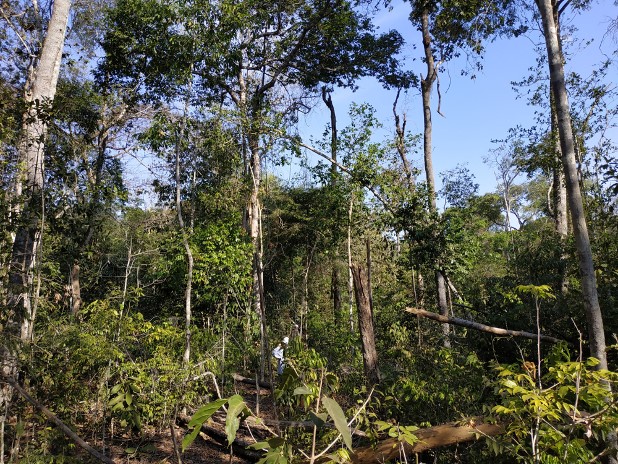
Study shows that carbon and nitrogen losses from the soil persist for nearly a decade after burning, and conversion to agriculture causes even more severe impacts.

At the 4th FAPESP 2025 Conference, the former vice chair of the IPCC stated that the renewable energy sector is growing faster than the fossil fuel sector. She said she has not lost hope that the global average temperature increase can be limited to 1.5 °C above pre-industrial levels.
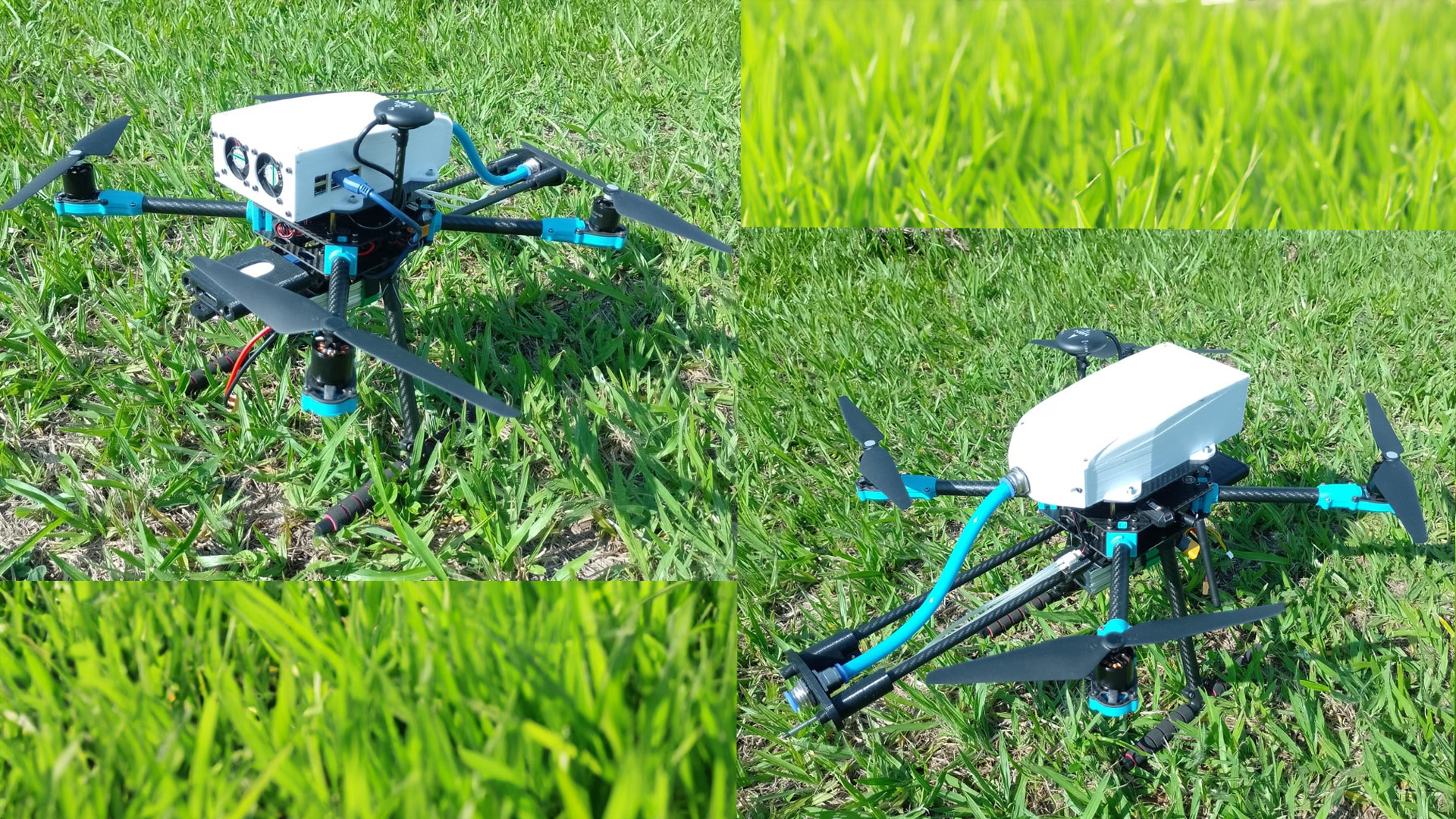
University of São Paulo researchers are developing an aircraft equipped with sensors that can detect and measure the concentrations of carbon dioxide and methane in the environment; the project was presented at FAPESP Week France in Toulouse.
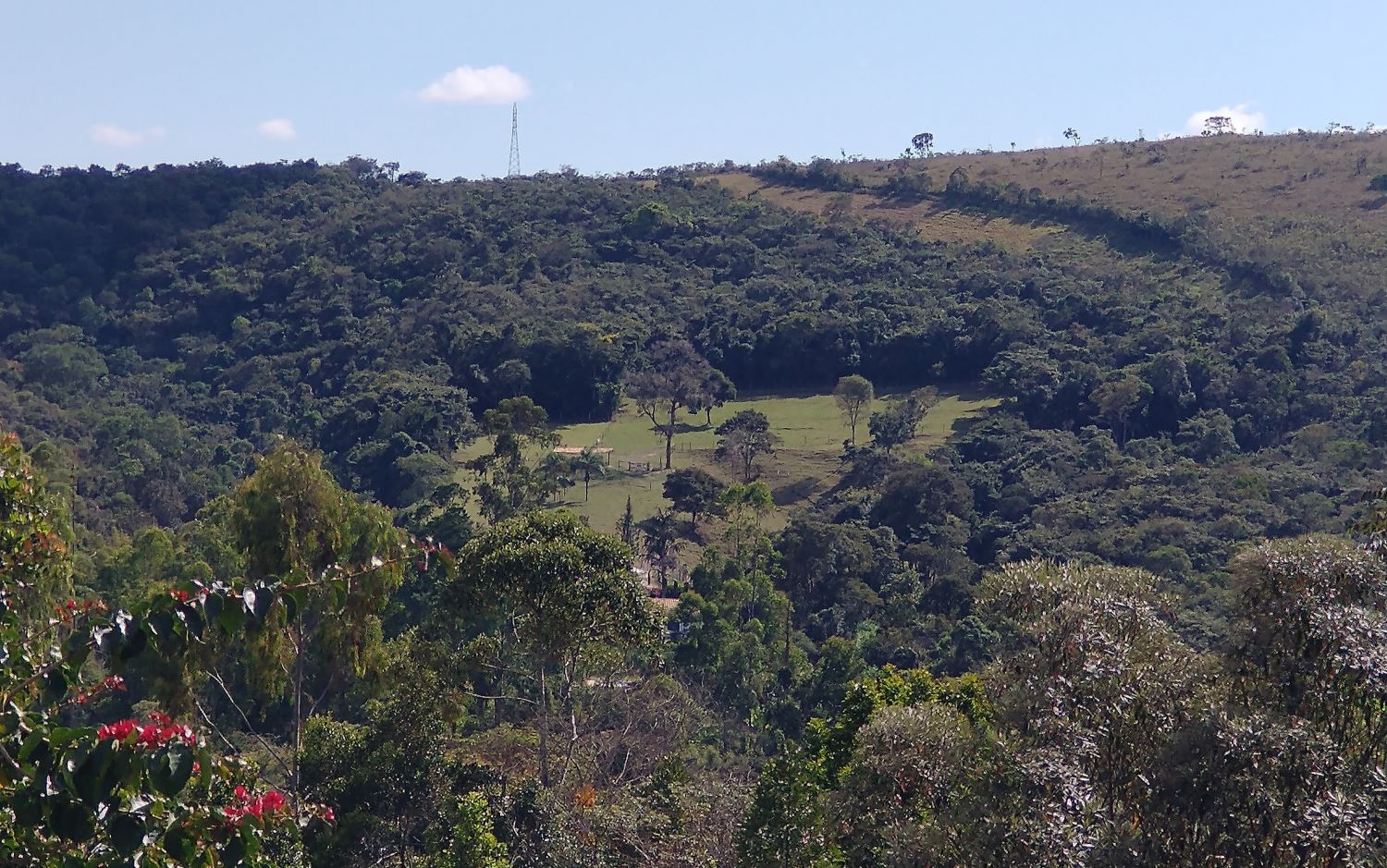
Model designed to comply with current legislation uses biodiversity, landscape, and ecosystem services data and could support public policies.
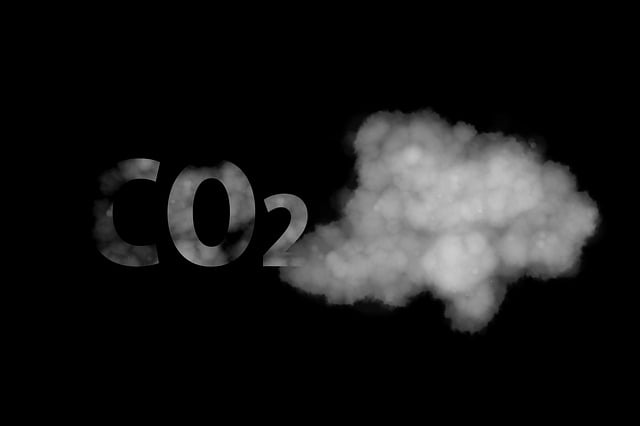
An international consortium of scientists presents an overview of the subject in an article published in the journal Science.